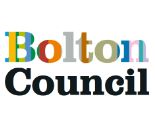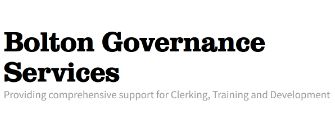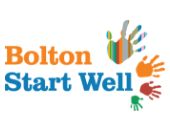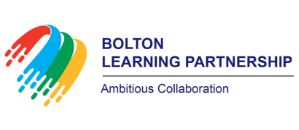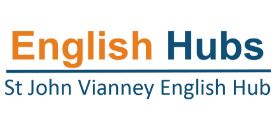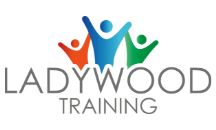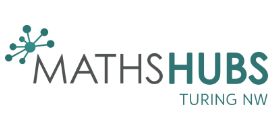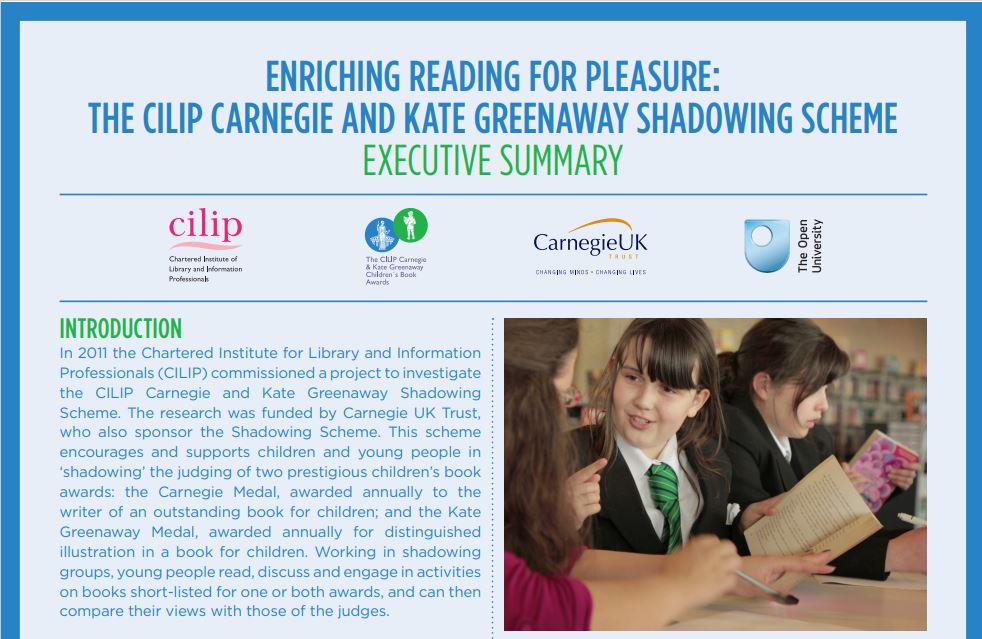Enrichment
What is Enrichment and why is it important?
We see enrichment of reading as a way of strengthening pupils understanding of books
through:
- Building background knowledge though videos, visits to museums, bookshops etc.
- Use of non-fiction to support the understanding of narrative, for example, non-fiction books about forests and woods to support the pupils understanding of The Gruffalo, Little Red Riding Hood or Hansel and Gretel.
- Access to a wide range of genre thorough the provision of a text rich curriculum.
- Supporting discussion around texts – building reader-to reader relationships.
- Non-fiction texts: recipes adverts etc. sent home with parents creating a reading culture.
Further reading
Please click on the image below to download the article
Planning an Enrichment Programme
When starting to plan an enrichment programme for your school, the most important thing to bear in mind is what you want your children to get out of the program.
Enrichment in schools can take many forms, depending on the needs and interests of your children and what you are wanting them to get out of your enrichment program.
There are many ways that you can include enrichment in your daily timetable. One basic form of enrichment that you can provide in your classroom is extension activities to be completed once a student has finished the main activity in a lesson. Lots of classrooms use extensions tasks and busy boxes to keep children who finish activities quickly entertained during class. They are also an engaging task for pupils who require more mental stimulation. Extension tasks also make good enrichment because they help children explore more about the topic that you are teaching to keep them engaged.
We have lots of fantastic resources to help you with extension tasks and buys boxes to kickstart the enrichment activities in your classroom, such as our KS1 Busy Box English Challenge Cards which includes 32 challenge cards filled with different English skills activities to keep KS1 pupils engaged.
Another easy way of including enrichment in your classroom is by encouraging class discussions as often as possible. This allows children to share their ideas about a topic and hear what others know and have to say. Easy ways to have class discussions are by doing it in your timetabled circle time or having debates in lessons. Some classes may even have enrichment groups, which are small groups that the children are familiar with that they can discuss in when you call for enrichment time.
Learn more at twinkl.co.uk: What’s Enrichment – Maths and Reading Enrichment Projects for Gifted
Some reflective points to consider:
- Are your enrichment activities fun – will children rush home to get started?
- Does your whole team consistently plan reading enrichment activities?
- Do your enrichment activities allow children to explore books in greater depth using their imagination in ways that they may not be able to do in your setting/school?
- Are children and families encouraged to select their own books to take home?
- Do you share your expectations for the reading activities i.e., when, what and how do you expect them to learn or gain more information about the book?
- Are your enrichment activities practical, accessible, and realistic in the time you set to complete them? Can the child complete the activity independently if they are unable to receive support at home?
- Are you clear what reading skills/techniques you want to development through further enrichment activities?
- Do you create opportunities for families to explore reading themes by linking it to other books they have read?
- Do you encourage children to discover new things about their recent reading experience?
- Do your planned enrichment activities help with other skills such as vocabulary development, writing, creativity at the same time?

